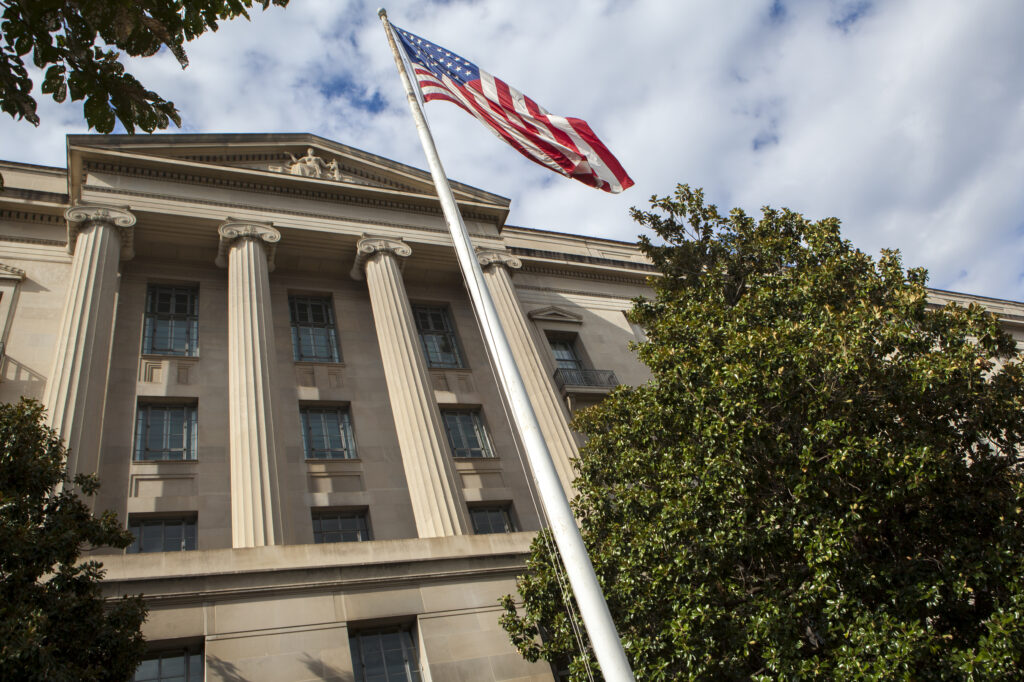Consumers in the U.S. have a wide variety of legal protections at their disposal. One very important set of consumer protections are called UDAPs, or Unfair and Deceptive Acts and Practices laws. UDAPs are supposed to protect consumers whom unfair and deceptive businesses have misled, but surprisingly these protections are being misused by state attorneys general (AGs) and private litigants; and not for the benefit of consumers.
ILR’s latest research, French Fries to Fossil Fuels: The Misplaced Reliance on UDAPs to Pursue Policy Agendas, explores how AGs and private litigants increasingly use UDAPs as an all-purpose tool to address major societal issues best left to policymakers. But how did states come to oversee UDAPs, and how are they using UDAPs to advance public policy goals?
States began claiming a role in consumer protection and enacting UDAPs in the 1960s and 1970s. The Federal Trade Commission (FTC) supported those efforts after the agency faced criticism that it had not done enough to directly protect consumers and because it recognized the constitutional limits to its authority.
Most states grant UDAP enforcement authority to the AG and to private litigants. According to ILR’s research, “For most states, the AGs were the likely choice to serve as the consumer protector in chief. Not only are the AGs their states’ chief legal officers, but at about the same time that UDAPs were being developed and adopted by states, AGs also were granted the power to enforce federal antitrust laws.” In addition, private litigants were given the ability to enforce UDAPs to mitigate direct and immediate consumer harms. Neither AGs nor private litigants were meant to pursue their own policy agendas or profit from this litigation.
The scope and reach of UDAPs are often poorly defined in the laws’ statutory language and can vary widely depending on the state. Courts and enforcers also have different interpretations of UDAPs. But one thing is clear: these vague definitions and varied interpretations have opened the door to misuse. UDAPs are increasingly being leveraged by state and private litigants to advance their own public policy goals. For example, in the 1980s and 2000s, AGs and private litigants sued fast-food restaurants, and while the exact claims differed, many lawsuits blamed them for increasing obesity rates without showing a causal link between the restaurants and the claimed harm.
There are a variety of explanations for why AGs and private litigators have been using UDAPs to pursue public policy goals. One important factor is that AGs and private plaintiffs’ lawyers often prefer to litigate in friendly state courts. As one plaintiffs’ lawyer quoted in ILR’s research put it, “[w]e’re happy as pigs in slop in state court.”
However, policy making should be left to legislators, not AGs or private plaintiffs’ lawyers. According to ILR’s research, “When state and private litigants attempt to engage in policymaking through litigation, they inappropriately usurp the roles of elected legislators, violating principles of separation of powers and federalism.”
AGs and private litigants leveraging UDAPs in this way should raise serious concerns for enforcers, courts, policymakers, and the public because it deprioritizes protection of consumers from direct and immediate harms; blurs state separation-of-powers boundaries; introduces confusion and unpredictability into the marketplace; potentially chills protected speech; and undermines public faith in the division of politics and law enforcement.
While the research exposes some problematic issues, it also offers solutions. A few examples include:
- Clarifying the statutory language of UDAPs
- Requiring a showing of specific consumer harm
- Requiring a showing of intent to deceive
- Limiting remedies to injunctive relief and, when appropriate, restitution to consumers
AGs should ensure that they are using UDAPs appropriately and carefully consider how they use their enforcement authority. They should prioritize the use of consumer protection laws to defend their citizens from direct and immediate harms and should enshrine that priority in formal legal opinions and internal office policies.
Plaintiff’s lawyers and private litigants should focus on mitigating direct and immediate consumer harms, not pursuing their own political agendas or using our justice system for profit.
State legislatures, for their part, have the authority, ability, and even responsibility to update consumer protection laws to reflect the needs of the modern marketplace and prevent further abuses of UDAPs. As a result, both consumers and businesses will be better protected.
Stay in the loop with the latest news and subscribe to our newsletter.



